As I embarked on the job of head of school at Belmont Day, many other heads at schools around the country offered congratulations and words of wisdom. There were two common themes to those well wishes: 1) You will love this job and 2) Except when it snows.
As a New Englander born-and-raised, the snow day has always been a part of my educational reality. As a student, of course, it was a delightthe magic of the snow converted into an extra day of play, friendship, and snow fort construction. Years later, as a teacher, a snow day call was either a welcome opportunity to catch up on grading, report writing, or prep, or an unwelcome disruptionlanding in the middle of a major student project or during a unit at just the wrong time. Now, as a head of school, snow day calls have taken on a different meaning altogether. When faced with weather, my goal, always, is for school to be in session. There is a singular commitment throughout our community to advance a challenging and rigorous curriculum, and any day lostjoyful as it may beis learning that we miss and work to recoup through the spring. There is also a financial consideration for families who make a significant commitment to the school and their child’s education in the form of tuition. The fewer snow days, the better.
It is worth noting that a Belmont Day snow day decision is a community effort. Anderson Santos and I have a standing 4:30 a.m. call any time there is snow in the forecast, whether the prediction is for ½” of accumulation or for an 18-24″ nor’easter. Additionally, a small group of administrators connect via email, text, and phone to discuss what variables we need to consider. Our concern, always, is the safety of our community, so we assess the accessibility of local roads around campus and try to predict conditions in the various communities of Belmont Day families and faculty. Perhaps more importantly, we also consider the storm timeline: Will it hit the commute directly? Will plows have time to clear the roads? Are there signature curricular events that will be impacted? What accommodations might we need to make or communicate in advance of the call?
Then there is the consideration of what area schools are doing. This, everyone should know, is not a determining factor, but helps inform our decision-making. When making snow day calls, local public schools have the benefit of close contact with town services that provide timeline information about when roads will be clear and parking bans will be lifted. I am also mindful of the impact of snow day closings for faculty whose children are enrolled in their public schools, or for families who have children enrolled in more than one school.
As for peer independent schools, I am lucky to have a cohort of peers who are in close contact, helping one another to navigate these decisionsand relying on one another for emotional support as we weather the weather together!
This year, we navigated more snow days than usual and I received feedback from many folks, which notably was nearly as unpredictable as the weather itself. Some families remarked that they are grateful for evening notice as it helps them plan ahead. Others commented that waiting until the early morning may prevent prematurely calling a snow day. I even heard from a student or two offering their take. As you might guess, they point out why another day away from school might be best for us all. Rest assured, your opinions and insights inform our process.
In this week of opening day in major league baseball, I am reminded that a hitter who manages to get a hit 3 times out of 10 is an all-star, 4 out of 10 and you’re the greatest hitter who ever lived. Sometimes I wonder if the same statistics might be applied to meteorology given how challenging the calls can be. It certainly seems like a good idea when I apply 20/20 hindsight to a snow day decision. Regardless, two things remain as true as ever: 1) I love this job and 2) Even when it snows.
Have a great weekend, everyone.



